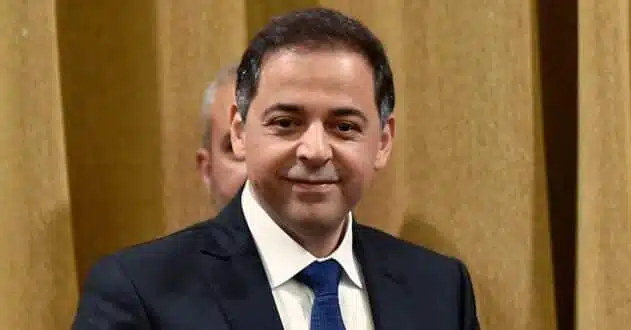In 2015, Lebanon’s Central Bank Governor Riad Salameh emphasized the critical importance of holding a legislative session to address pressing financial and economic issues facing the country. Salameh highlighted that without legislative action, Lebanon risked further economic instability and a deterioration of public confidence in the financial system.
Salameh stressed the urgency of passing several key financial laws. These included laws aimed at improving transparency in the banking sector, securing international aid, and ensuring the continuation of essential government operations. He warned that failing to hold a legislative session could impede the country’s ability to receive much-needed international financial support and could exacerbate the economic challenges Lebanon was already facing.
The Central Bank Governor’s call for legislative action came at a time when political paralysis was affecting the government’s ability to implement necessary reforms. Salameh’s statements were seen as a crucial push for political leaders to overcome their differences and take decisive action to stabilize Lebanon’s economy.
This plea from Salameh underscored the broader context of Lebanon’s economic and political struggles, highlighting the interconnectedness of legislative activity and economic stability. His remarks were part of a broader discourse urging political unity and swift legislative action to prevent further economic decline and ensure the country’s financial stability.


